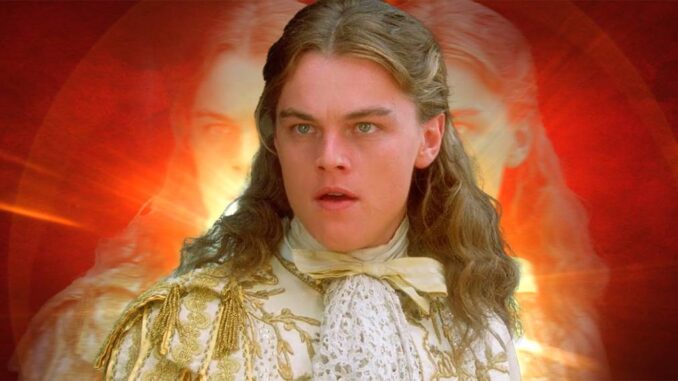
Shedding the Ice: Leonardo DiCaprio's Shocking Reinvention in "The Beach"
The year was 2000. Three years had passed since the world collectively wept for Jack Dawson as he slipped into the frigid depths of the Atlantic. Leonardo DiCaprio, the cherubic face of Titanic's tragic romance, was more than just a heartthrob; he was a global phenomenon. His image adorned lunchboxes, magazines, and dreams worldwide. Everyone knew him as the beautiful, doomed artist. But DiCaprio, ever ambitious and fiercely protective of his craft, knew he had to escape the gilded cage of Jack Dawson. And he did it with a film that shocked, divided, and ultimately, began his transformation into the respected, multifaceted actor he is today: "The Beach."
"The Beach" wasn't shocking for its plot alone, though its tale of disillusioned backpackers seeking utopian paradise on a secluded Thai island certainly had its provocative elements. The shock stemmed from the radical departure it represented for DiCaprio's carefully cultivated image. Gone was the clean-cut, boyish charm; in its place was Richard, a restless, drug-addled American searching for something beyond the postcard version of reality. He was grittier, edgier, and undeniably flawed. He wasn't designed to be universally adored, and that was precisely the point.
Prior to "The Beach," DiCaprio's filmography, while containing notable performances, largely played into his heartthrob persona. He was Romeo, the lovelorn youth. He was Arthur Rimbaud, the tortured poet. Even in "Total Eclipse," he was cast in a role that highlighted his physical beauty. But Richard, with his unkempt hair, vacant stare, and descent into paranoia, was a deliberate act of rebellion against typecasting. It was a statement, a declaration of artistic intent: I am not just a pretty face, he seemed to be saying, I am an actor capable of inhabiting complex, morally ambiguous characters.
The film itself, directed by Danny Boyle, embraced this anti-establishment ethos. It presented a paradise corrupted by human desire and the inevitable erosion of innocence. Richard, initially drawn to the allure of the secret beach, gradually becomes consumed by its secrets, its rules, and ultimately, his own paranoia. He lies, he betrays, and he witnesses the descent of this supposed paradise into something resembling a dystopian nightmare. DiCaprio embraced the darkness of the character, immersing himself in the psychological unraveling of Richard's mind. His performance was raw and unsettling, a far cry from the romantic ideal he had previously embodied.
The reaction was, predictably, mixed. Critics lambasted the film's script and pacing, labeling it shallow and pretentious. Many fans, expecting another romantic drama, were alienated by the film's violence, drug use, and ultimately, its pessimistic worldview. They didn't want to see their beloved Leo portraying such a morally compromised character. The shift was jarring, and for some, unacceptable.
However, buried beneath the criticisms and the disappointment, lay a recognition of DiCaprio's commitment. He wasn't afraid to take risks, to challenge his audience, and to push himself beyond the boundaries of his established image. "The Beach" may not have been a critical darling, but it served as a crucial stepping stone in DiCaprio's career. It proved that he was willing to gamble, to defy expectations, and to prioritize artistic growth over commercial appeal.
The film also subtly shifted the perception of DiCaprio in Hollywood. Casting directors began to see him not just as a leading man, but as a serious actor with the potential for complex and challenging roles. This paved the way for collaborations with directors like Martin Scorsese, Steven Spielberg, and Christopher Nolan, collaborations that ultimately solidified his reputation as one of the finest actors of his generation.
In retrospect, "The Beach" stands as a pivotal moment in Leonardo DiCaprio's career. It was a conscious and courageous choice to dismantle his "Titanic" image and redefine himself as an actor. While the film itself may not be a masterpiece, it was a necessary step in DiCaprio's journey to becoming the multifaceted, award-winning actor we know today. It was a shocking reinvention, a gamble that paid off, and a testament to the power of an artist determined to break free from the constraints of expectation. It was the moment Leonardo DiCaprio shed the ice of Jack Dawson and began his ascent to becoming a cinematic titan in his own right.